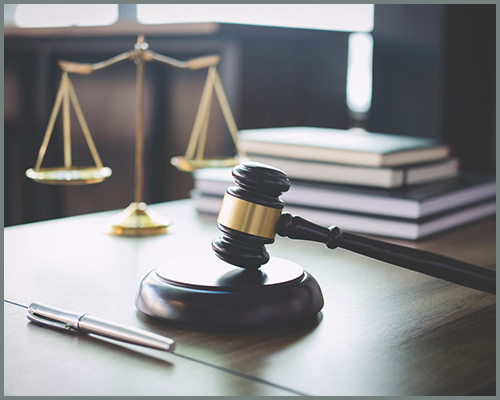Constitutional Constraints and the Rule of Law
Rule of Law
Constitutional Constraints and the Rule of Law
In a liberally democratic society, the primary responsibility of government is to protect the rights of its citizens. The challenge is that any government capable of fulfilling this responsibility can itself represent a danger to those rights. A free, politically liberal society, therefore, is one that constitutionally limits the power of the state.
The rule of law – the principle that society must be governed by rules that apply, impartially and equally, to all people, regardless of personal characteristics or social status – is an essential feature of limited government. In contrast to the “rule of men,” in which particular people who hold state power determine when and where specific rules apply, and whether and to what extent they are enforced, the rule of law is aimed at ensuring that all people are accountable and subject to the same rules and sanctions. The rule of law principle is an essential ingredient in the recipe for a peaceful society, as a society in which laws are enforced arbitrarily and unequally is a society that is prone to conflict. If, for example, police impose greater restrictions or unfairly treat a particular group within society, peace is much less likely to prevail in that context.
Importantly, the classical liberal defense of the rule of law does not imply that all laws that currently exist are just. In fact, because the rule of law requires equality before the law, it has been a cornerstone principle of many social movements that have overturned discriminatory laws and procedures.
